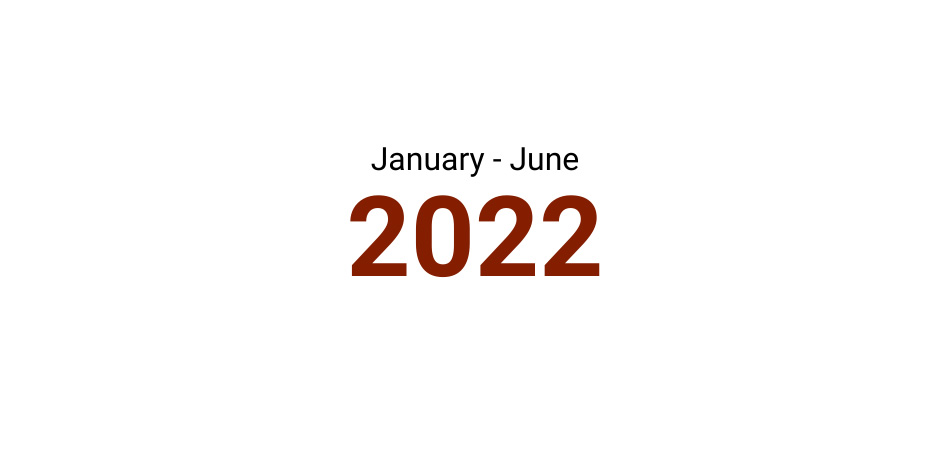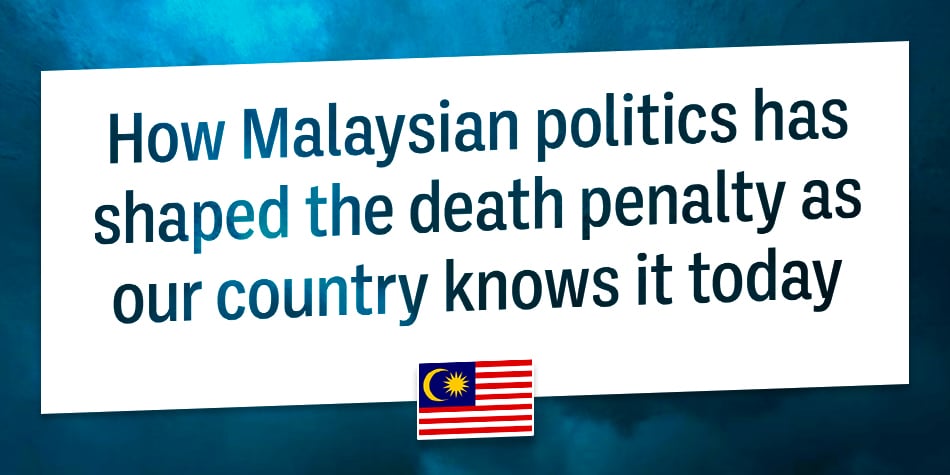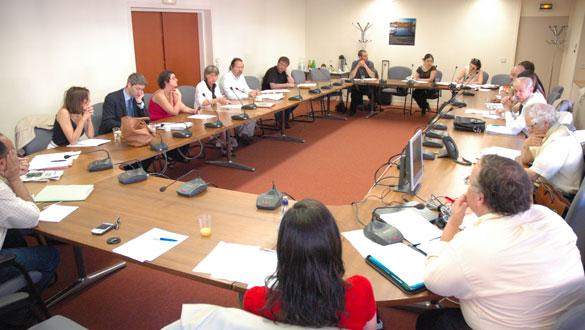
Mid-terms: A first half of 2022 rich in abolitions
Good news
The first six months of 2022 have been rich for the abolitionist community with two new abolitionist countries and a new ratification of the Second Optional Protocol to the International Covenant on Civil and Political Rights aiming at the abolition of the death penalty. However, some countries continue to use the death penalty and there have been significant increases in executions.
The year 2022 is off to a flying start
The first month of 2022 set the tone for the abolitionist community with the announcement of the abolition of the death penalty in Papua New Guinea on January 20, 2022. The Central African Republicfollowed a few months later, enacting a law abolishing the death penalty in legislation on June 27. It officially became the 24th African state to abolish the death penalty.
Other states seem inclined to abolish the death penalty in the coming months. The President of the Republic of Zambia affirmed his commitment to the abolition of the death penalty on May 24 by commuting 30 death sentences and submitting a death penalty abolition bill to Parliament. He said at the time:
We believe in showing strength through our compassion and we believe in rights for all citizens, including the right to life
In Malaysia, the government cabinet announced on June 10, 2022, an agreement to abolish the mandatory death penalty in national law and to submit a bill to Parliament to allow for alternative sentencing where the offence carries the mandatory death penalty. A similar statement was made by the previous prime minister, Mahathir Mohamad, but the bill was ultimately not considered by parliament due to the collapse of the coalition government in February 2020.
Finally, after enacting a law abolishing the death penalty in early 2022, Kazakhstan ratified the Second Optional Protocol to the International Covenant on Civil and Political Rights aiming at the abolition of the death penalty, which it had already committed to ratify three years earlier.
While these many announcements promise a successful year for the abolitionist community, there are still a few concerning points to mention.
Worrying developments in the countries that apply the death penalty the most
The death penalty continues to be widely used in the United States, and there are several grey areas. While some states, such as Ohio and Tennessee, have temporarily halted executions, the state of Oklahoma has resumed executions after a 6-year hiatus following several botched executions. There have been 8 executions to date in the United States, and several of those executed had intellectual or psychosocial disabilities, and 9 executions are still scheduled for the second half of 2022: 4 in Oklahoma, 4 in Texas, and 1 in Alabama.
The number of executions in Iran has risen alarmingly. While 117 executions were recorded in the first half of 2021, this year more than double that number was recorded in the same period, with 251 people executed. 137 executions took place after the start of the national protests on May 7, 2022. Mahmoud Amiry-Moghaddam, director of Iran Human Rights NGO said:
Undoubtedly, the widespread executions are used by the authorities to instil fear in society to prevent further anti-government protests. Raising the political cost of the executions through popular campaigns and added international pressure can stop this wave of executions.
See the statement shared by the World Coalition Against the Death Penalty about the increase in executions in Iran.
Executions have also increased alarmingly in Saudi Arabia. In 6 months, the country has already almost doubled the number of executions recorded for the whole of 2021, with 110 executions as of 6 July 2022, compared to 67 in 2021. On March 12, no fewer than 81 people were executed, often on the basis of confessions obtained under torture and following trials that did not meet the standards set by international law. Forty-one of them were members of the Shiite Muslim minority. This mass execution, the largest in years, was condemned by the United Nations High Commissioner for Human Rights, who said the executions were violations of human rights and humanitarian law and could even be a war crime. Among the 110 executions recorded there are several minors. The country continues to sentence to death and execute people who were minors at the time of the crime, in violation of international law.
In Singapore, the government ordered the execution of Abdul Kahar bin Othman on March 30 after he was sentenced to the mandatory death penalty for drug-related offences, after a two-year hiatus. A total of 10 people has been executed in Singapore in four months. Among them was Nagaenthran Dharmalingam, who was executed on 27 April after being diagnosed with intellectual and cognitive disabilities. This practice is prohibited by international law, as is the mandatory death penalty and the death penalty for ordinary crimes, three practices that are nevertheless in force in Singapore.
The second half of 2022 promises to be just as rich. The Republic of Zambia could become the 3rd country to abolish the death penalty in 2022, and Malaysia could take another step towards abolition by abolishing the mandatory death penalty in the country. The situation in Singapore, however, needs to be closely monitored, as much as for the other top executing countries.







